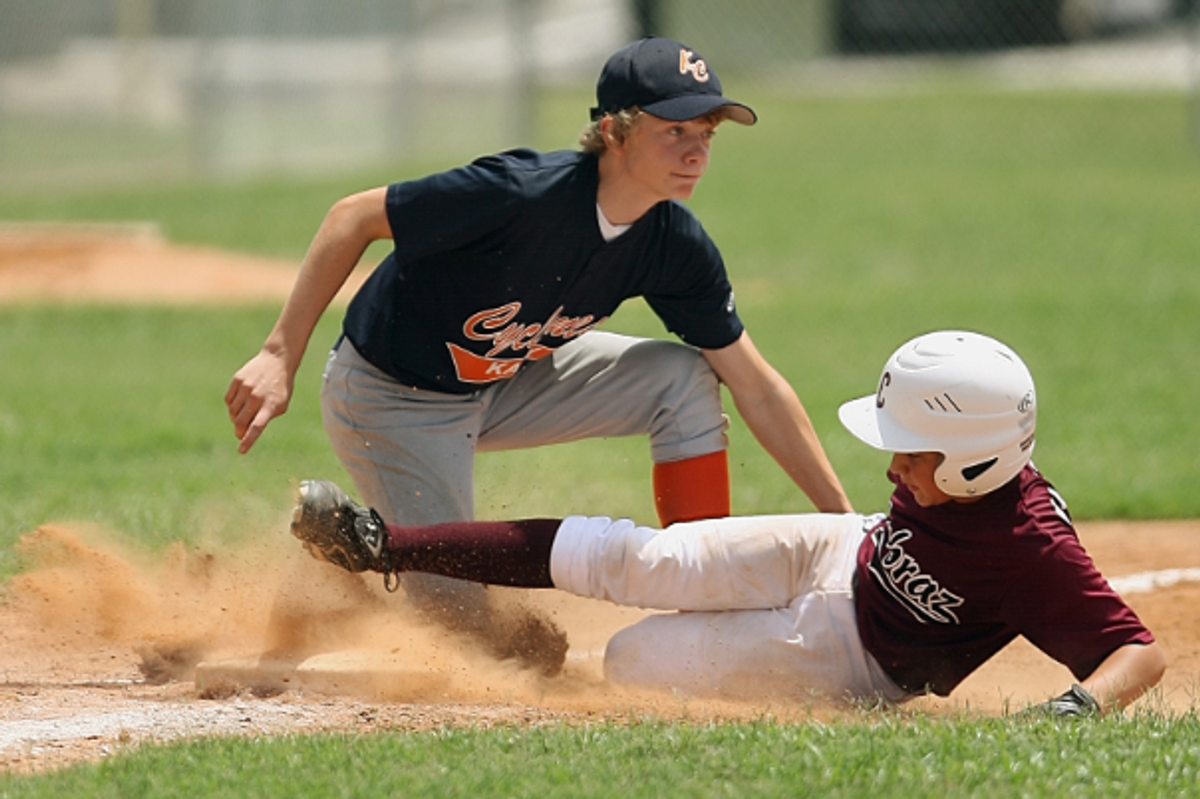20 common names that never existed until a writer created them
Without Shakespeare, we'd never have Jessica.

Authors are the OG baby name influencers.
We know names like Katniss, Daenerys, Arwen, and Atticus come from fantastic works of fiction. But what’s surprising is how many ordinary, everyday names we use now were once just as made up.
In fact, some of the most familiar names in the world—Jessica, Fiona, Vanessa, and Holden, for instance—didn’t exist at all until an author invented them.
And with the recent boom in literary baby names, it’s fun to look back at the authors who dreamed up monikers we all recognize and appreciate.
The Bard, of course, has quite a few notables.

Is it any surprise that the wordsmith who brought us words like "radiance," “marathon” and “bubble” would also invent not one, not two, but three enduring female names? We think not.
Shakespeare first used "Jessica" in The Merchant of Venice (1596), likely inspired by a biblical name, Iscah. The name remained rare for centuries, only skyrocketing in the late 20th century, reigning as the most popular girls’ name in America from 1985 to 1995.
He also gave us Olivia, debuting her as the charming noblewoman in Twelfth Night. The name didn’t appear in any records before Shakespeare wrote it, and it’s now one of the top five girls’ names in the world.
And while not invented by him, Miranda (derived from the Latin mirandus, meaning “worthy of admiration.”) owes its popularity to Shakespeare’s heroine in The Tempest.
Romantics, poets, and Victorians also made their contribution.

Throughout the centuries, literary minds have been busy coining names that would stand the test of time.
- Pamela came from poet Philip Sidney’s Arcadia (1593), combining Greek roots meaning “all sweetness.” It later became a moral heroine’s name in Samuel Richardson’s Pamela, or Virtue Rewarded.
- Vanessa was Jonathan Swift’s clever blend of his friend Esther Vanhomrigh’s name…a mashup that became timeless.
- Cedric first appeared in Sir Walter Scott’s Ivanhoe (1819), inspired by an Old English misreading of “Cerdic.”
- Cosette, from Les Misérables, was Victor Hugo’s affectionate invention, likely derived from Colette.
- Dorian. Before it was the titular character in Oscar Wilde’s The Picture of Dorian Gray (1890), it was the name of a tribe from ancient Greece. Wilde’s haunting protagonist cemented Dorian as a first name, especially for boys, and gave it that elegant, slightly mysterious sheen it still carries.
- Lorna, the star of R.D. Blackmore’s Lorna Doone (1869), carried a sense of mystery and romance that made it a favorite for decades.
- Lucinda, invented by Cervantes for Don Quixote as an alternative to Lucy, which later charmed Molière’s stage.
- Evangeline, coined by Henry Wadsworth Longfellow in his 1847 poem, which blended Greek roots meaning “good news.”
- Fiona sounds ancient Celtic, but was actually coined by Scottish writer William Sharp (late 1800s), who used “Fiona Macleod” as a pen name to give his Celtic tales an air of authenticity. A Victorian literary invention disguised as folklore.
- Norma originated in Bellini’s 1832 opera of the same name, written by poet Felice Romani. It is not, in fact, the female version of “Norman.”
- Thelma was created by novelist Marie Corelli in 1887 for her bestselling Thelma: A Norwegian Princess.
Even knights and noblemen weren’t immune: Perceval, the purest of Arthur’s knights, came from a 12th-century French poem by Chrétien de Troyes.
Modern writers joined the club too.

Writers of the last two centuries have continued the tradition:
- Holden came from J.D. Salinger’s Catcher in the Rye —brooding and bookish ever since.
- Coraline was Neil Gaiman’s accidental misspelling of “Caroline,” which he decided to keep.
- Scarlett first appeared as Scarlett O’Hara’s given name in Gone with the Wind (1936).
- Harper, once just a surname, became a first name after To Kill a Mockingbird’s author, Harper Lee, redefined its image.
- And of course, there’s Wendy, which J.M. Barrie’s Peter Pan (1904) transformed from a rare nickname (short for Gwendolyn) into a proper, mainstream first name.
And while names like Cedric and Fiona might feel timeless now, they were once as novel as names like Leia and Asher seem today. From Shakespeare to Suzanne Collins, creative minds from every generation end up becoming baby name influencers in some way, shape, or form.
So, whether your child’s name comes from a centuries-old poem or the latest streaming hit, you’re in good company. Who knows, maybe the next great baby name is hiding in your Netflix queue at this very moment.



 A UPS truck with package deliveries.Image via Wikipedia
A UPS truck with package deliveries.Image via Wikipedia
 Cher was the biggest phenomenon on the planet for the better part of the '70s and '80s.Casblanca Records/
Cher was the biggest phenomenon on the planet for the better part of the '70s and '80s.Casblanca Records/

 A high school volunteer with her senior "tandem."
A high school volunteer with her senior "tandem."  KH2 makes leaving the house more accessible to senior citizens.
KH2 makes leaving the house more accessible to senior citizens.  Many "culture buddies" stay in contact after the program ends.
Many "culture buddies" stay in contact after the program ends.  KH2 provides students with excellent life skills and lasting connections.
KH2 provides students with excellent life skills and lasting connections. 
 Parents posing with their young kids on a basketball court. via
Parents posing with their young kids on a basketball court. via